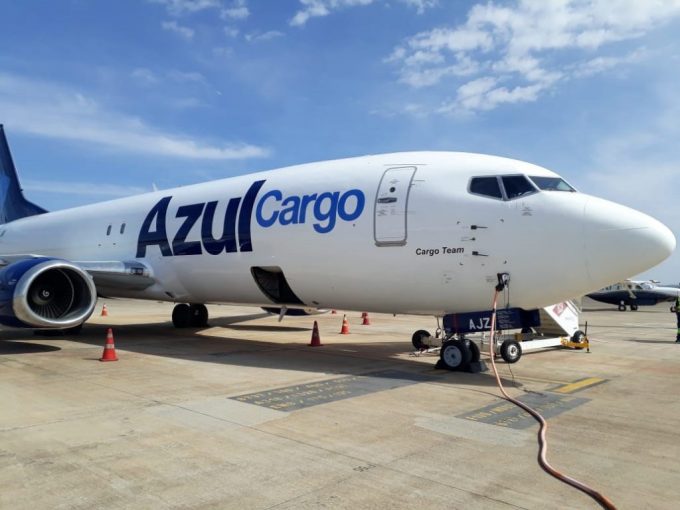Fleet watching is the key to predicting the future in air
All eyes on the aircraft boneyard

The air freight industry appears to be dividing into narrowbody e-commerce express operators and widebody freight players.
Some, like Atlas Air, known for its ability to diversify, currently have a foot in both camps; others are looking squarely at the opportunities to be had in e-commerce alone.
Following the news that wannabe-express ...


Comment on this article